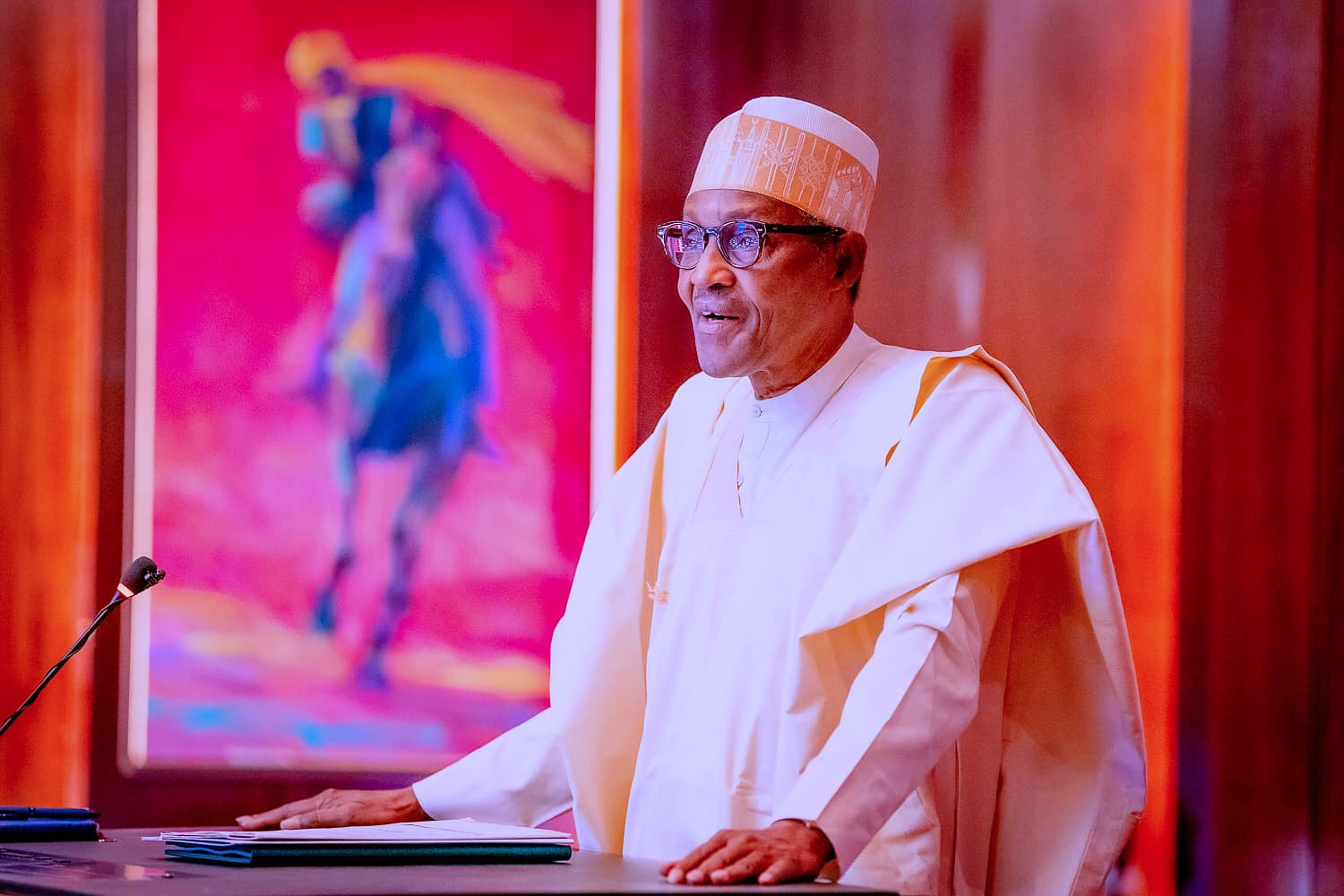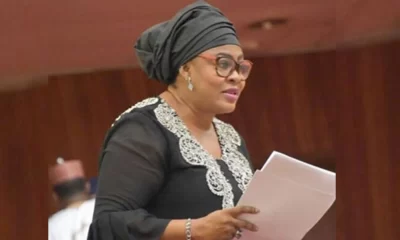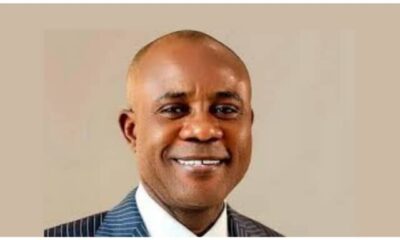Headlines
Fuel subsidy: NEC removes Buhari’s social registration

The National Economic Council (NEC) has abandoned the national social registry that was in use during the previous administration of President Muhammadu Buhari.
In order to explain why it was rejected, NEC highlighted a lack of trustworthiness.
Thursday’s NEC meeting at the state house resulted in part in the decision.
The council, which was led over by Vice President Kashim Shettima, advocated initiating a cash transfer plan for states based on their social records and a cash reward policy for public officials for six months.
Unlike the National Social Register, which as of 2023 was believed to have included nearly 61 million underprivileged Nigerians who were eligible for a variety of government social services, this one does not keep track of these individuals.
NEC suggested that State Governments create cash transfer programmes using state-generated social registers in order to soften the hard economic reality following the end of the petrol subsidy.
Additionally, the council recommended that the implementation be based on each state’s specific capacity and priority.
Following the conclusion of the meeting, the acting governor of the Central Bank of Nigeria (CBN), Folashodun Shonubi, and the governors of Anambra, Ogun, and Bauchi, Prof. Charles Soludo and Dapo Abiodun, respectively, addressed reporters at the State House.
Abiodun asserted that the state-generated register’s adoption aims to increase the NSR’s dependability and integrity while guaranteeing that funds are allocated to the correct parties.
The governor stated, “It was mandated that it should be implemented for six months in the first instance,” adding that the states are better positioned to carry out such enumeration in order to maintain the social register’s integrity.
He continued by saying that a cash reward policy had been put forth for all public employees, enabling subnational bodies to pay their public employees a set monthly wage for a period of six months.
The governor of Anambra State, Soludo, clarified that there wouldn’t be a standard amount under the cash transfer initiative because it would vary depending on the capacities of the various states.
He argued that rather than initiating financial transfers, state governments with unpaid salaries and benefits should make resolving the backlog their first priority.
“The states, local municipalities, and the federal government will receive a sizable fiscal surplus.
And we’ve said that, if you have the resources, it would be wonderful if you could implement cash transfers. Some people could be able to complete one, ten, or twenty tasks, depending on the circumstances. Their capacity will determine what happens, he said.












